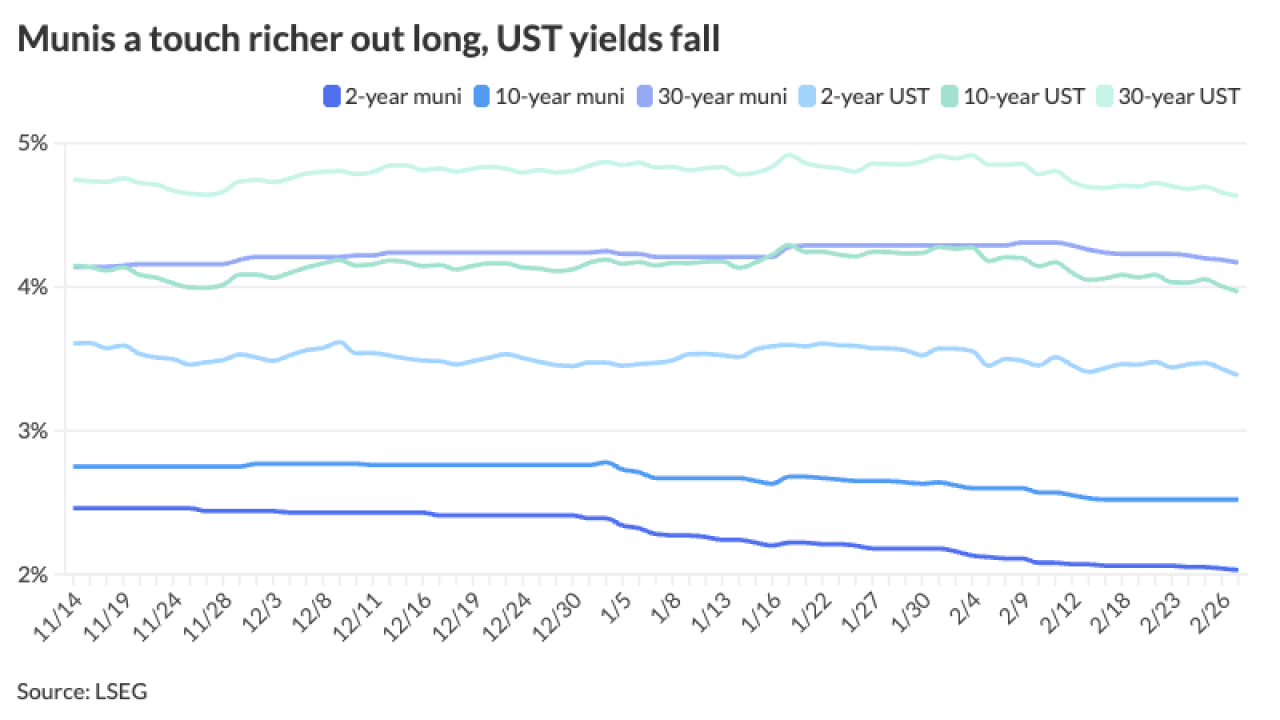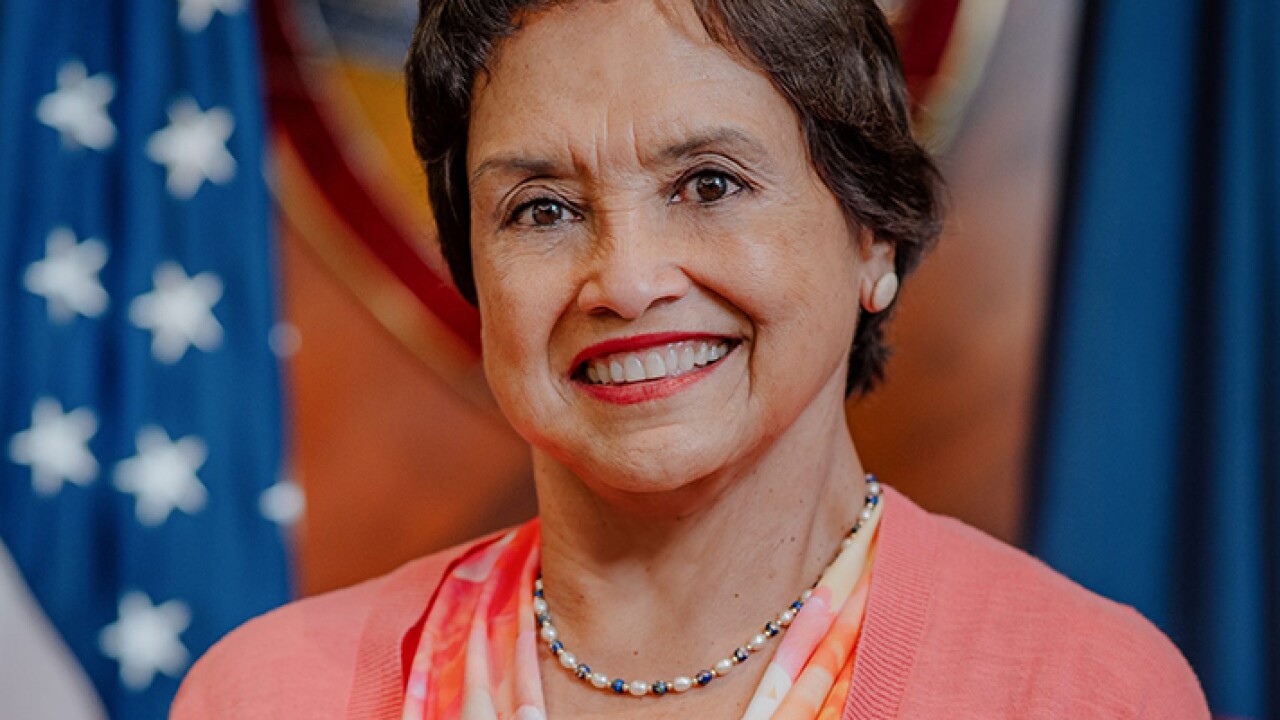House Transportation Committee chairman James L. Oberstar plans to bring a three-month extension of the current transportation funding law to the House for a vote today and insisted in an interview Monday that he will not support any further extensions in lieu of a new multi-year bill.
The Minnesota Democrat said the bill is a "clean" extension of the current law that expires Sept. 30 - meaning it would not create or cut programs, nor would it address a looming statutorily mandated rescission of $8.7 billion of unobligated funds that is scaring transportation groups.
The American Association of State Highway Transportation Officials sent Oberstar a letter Monday warning him that the mandatory rescission, if allowed to move forward with a Sept. 30 effective date, "will result in substantial, real program cuts [for states and metropolitan planning organizations], not merely a reduction of unused dollars on the books."
But Oberstar said the House would not be able to consider a rescission because it would go against its pay-as-you-go rules.
Committee spokesman Jim Berard added that attempting to stop the rescission could knock the three-month extension bill off of the schedule. The committee's plan instead is to "try to fix that" in the forthcoming six-year bill, he said.
The rescission was a last-minute addition to the six-year bill approved in 2005 and "wasn't my decision," Oberstar said.
The chairman's proposed three-month extension represents a softening of his earlier stand on the issue. Only a few months ago, he and other Democratic and Republican House transportation leaders railed against a White House request for an 18-month extension of the current law until after next year's election. Opponents warned that an extension would create uncertainty in states' long-term transportation plans. The Senate transportation and public works committees approved an 18-month extension this summer.
Asked during the interview whether he would "absolutely" oppose a longer extension than three months, Oberstar smiled and said, "Yes."
He also explained some details of his $450 reauthorization bill, including a proposal to create metropolitan infrastructure banks similar to state infrastructure banks that currently exist on a small scale.
Oberstar said he hopes Congress can authorize $1 billion of federal capitalization for the banks, but the amount will depend on funding levels for the entire bill.
"We still have to deal with the overall financing of the core program," he said.
Currently, states receive most of their federal transportation grant funding from the highway trust fund, a dedicated pool of revenue from gasoline taxes, diesel taxes, and other user fees. The trust fund has come dangerously close to insolvency during the past year and has received $15 billion of general funds from Congress to keep it from going broke.
The highway trust fund alone will not provide sufficient funding for up to 100 metropolitan areas that are struggling with congestion, Oberstar said. Instead of relying on the current fuel tax rate, he thinks a fuel tax increase is necessary as well as preliminary testing for a mileage fee as a long-term funding source.
"How can we help these areas generate the revenues they need to deal with this complexity of problems? I thought that we need to engage all of the financial tools available, and proposed ... tax-exempt bonds, tax-credit bonds, [grant anticipation revenue vehicle] bonds, private-activity bonds, public-private partnerships," and federal lines of credit, he said.
Oberstar also wants to give metropolitan planning organizations the authority to implement tolling and congestion pricing, and to engage the private sector in infrastructure financing "to the greatest extent possible."
In addition to the metro infrastructure banks, the chairman wants to create a national infrastructure bank dedicated to transportation finance.
Oberstar, who has ancestral roots in Europe and studied in Belgium before launching his career in politics, hopes to model the system after the European Investment Bank, a triple-A rated European Union bond issuer whose domestic investors include pension funds and insurance companies.





